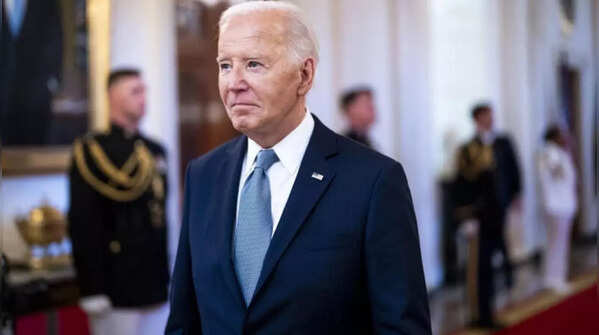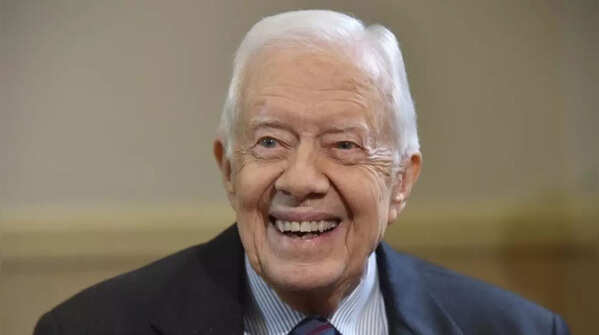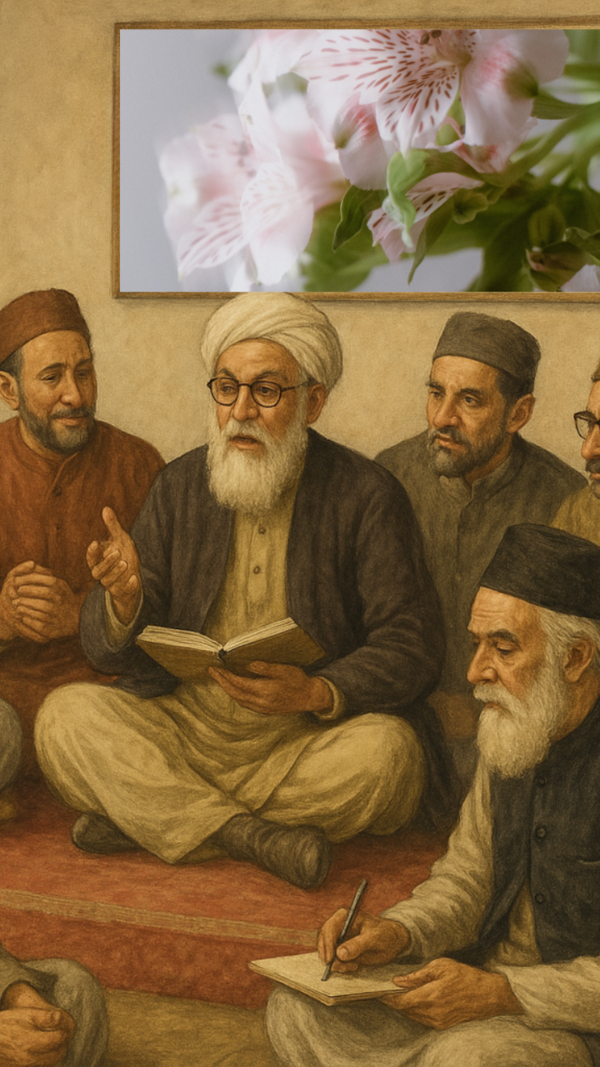- News
- lifestyle
- health-fitness
- health-news
- From Jimmy Carter to Joe Biden: The US Presidents who were diagnosed with cancer
From Jimmy Carter to Joe Biden: The US Presidents who were diagnosed with cancer

From Jimmy Carter to Joe Biden: The US Presidents who were diagnosed with cancer
Former US President Joe Biden has been diagnosed with prostate cancer. As per a statement from his office shared on Sunday, the cancerous growth has spread to his bones. Biden, 82, was diagnosed on Friday after he saw a doctor last week for urinary symptoms.
The cancer is a more aggressive form of the disease, characterised by a Gleason score of 9 out of 10. According to Cancer Research UK, this means his illness is classified as "high-grade" and that the cancer cells could spread quickly.
Currently, Biden and his family are said to be reviewing treatment options. The former president's office added that the cancer is hormone-sensitive, meaning it can likely be managed.
However, Biden is not the first US President to be diagnosed with cancer.
Take a look at all the other US Presidents who battled the disease.

George Washington
While not conclusively proven, historical accounts and writings suggest George Washington may have had a form of skin cancer, possibly melanoma. In 1794, George Washington underwent treatment for a skin ailment suspected to be a form of skin cancer, possibly melanoma. This troubling condition was addressed by Dr. James Tate, who performed a surgical procedure to excise the affected tissue. Following the successful operation, Washington was reported to be free of cancer. To further protect his skin from the dangers of sun exposure, he adopted practical measures such as donning a broad-brimmed hat and often carrying an umbrella to shield himself from harmful rays.

Ulysses S. Grant
In June 1884, he was diagnosed with carcinoma of the right tonsillar pillar, a type of mouth cancer, commonly known as throat cancer. This diagnosis came seven years after he concluded his presidency. His physicians kept detailed records of his condition, documenting the diagnosis, symptoms, and progression of his illness. As the cancer advanced, speaking became increasingly painful for Grant. Tragically, he succumbed to the disease in 1885, shortly after engaging in battle with his illness.

Grover Cleveland
Grover Cleveland was diagnosed with a cancerous growth in his mouth, identified as epithelioma, during his second presidential term in 1893. In a bid to prevent public unrest amidst an economic downturn, Cleveland discreetly underwent surgery aboard a yacht, where surgeons removed a portion of his upper jaw and hard palate. This covert operation remained a closely guarded secret for years, allowing him to fulfill his presidency without public knowledge of his condition. Following the surgery, Cleveland made a successful recovery and completed his term without any indication of his health crisis becoming public.

Ronald Reagan
In 1985, while still in office, Ronald Reagan confronted a significant health challenge when he was diagnosed with colon cancer. In July that year, he underwent surgery at Bethesda Naval Medical Center to remove a cancerous polyp in his large intestine. The polyp was discovered during a routine colonoscopy. The cancer was found in the colon and had penetrated the bowel wall, but it hadn't spread to surrounding nerves, blood, or lymph nodes. His post-surgical recovery was swift and complete. His health journey was openly shared with the public, allowing him to resume his presidential duties following successful treatment.

George H.W. Bush
During the later years of his life, George H.W. Bush received treatment for non-melanoma skin cancers, specifically undergoing procedures to remove lesions from his face and scalp. He was diagnosed with Graves's disease (a common autoimmune disorder that causes the thyroid gland to produce too much thyroid hormone, resulting in hyperthyroidism) in 1991, and he later developed a form of non-Hodgkin lymphoma, which he battled for several years before he died in 2018. However, Bush remained active and engaged in public life well into his 90s, navigating this health issue without any significant cancer diagnosis impacting his overall well-being.

Bill Clinton
After concluding his presidency in the early 2000s, Bill Clinton was diagnosed with a type of non-melanoma skin cancer known as basal cell carcinoma. This diagnosis arose during a routine health check-up, where a cancerous lesion was found on his face. The lesion was successfully excised in a standard outpatient procedure, and Clinton experienced a complete recovery. The minor nature of this skin cancer meant that it did not lead to any further complications, allowing him to return to his regular activities.

Jimmy Carter
In 2015, former President Jimmy Carter was diagnosed with metastatic melanoma, a type of skin cancer that had spread to his liver and brain. This advanced stage of cancer could have been overwhelming, but he underwent surgery, radiation therapy, and immunotherapy (specifically, pembrolizumab or Keytruda). By the end of the same year, Carter announced he was cancer-free. Following his diagnosis, he continued to engage in public service and advocacy and lived for nearly 10 more years after.









